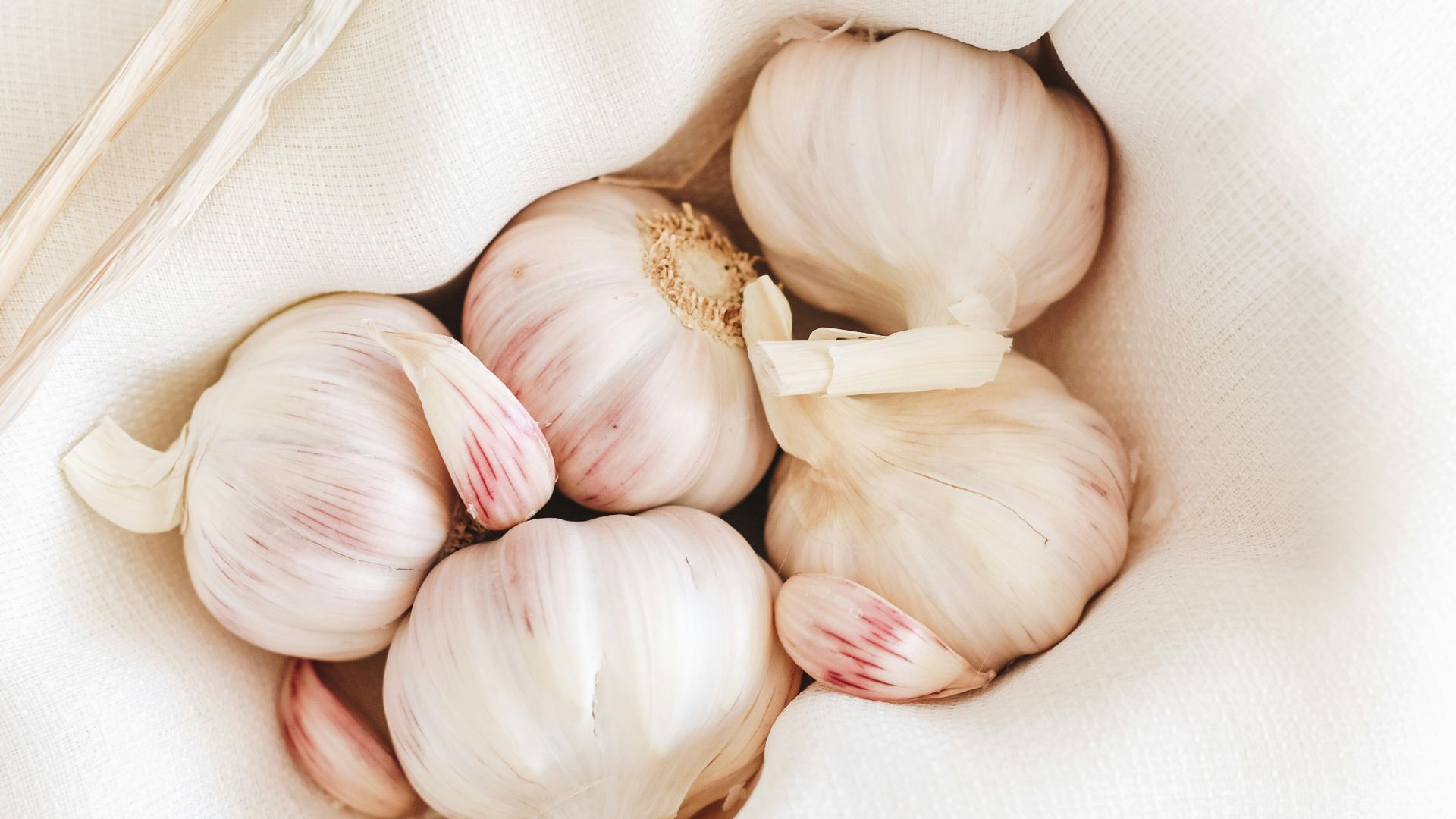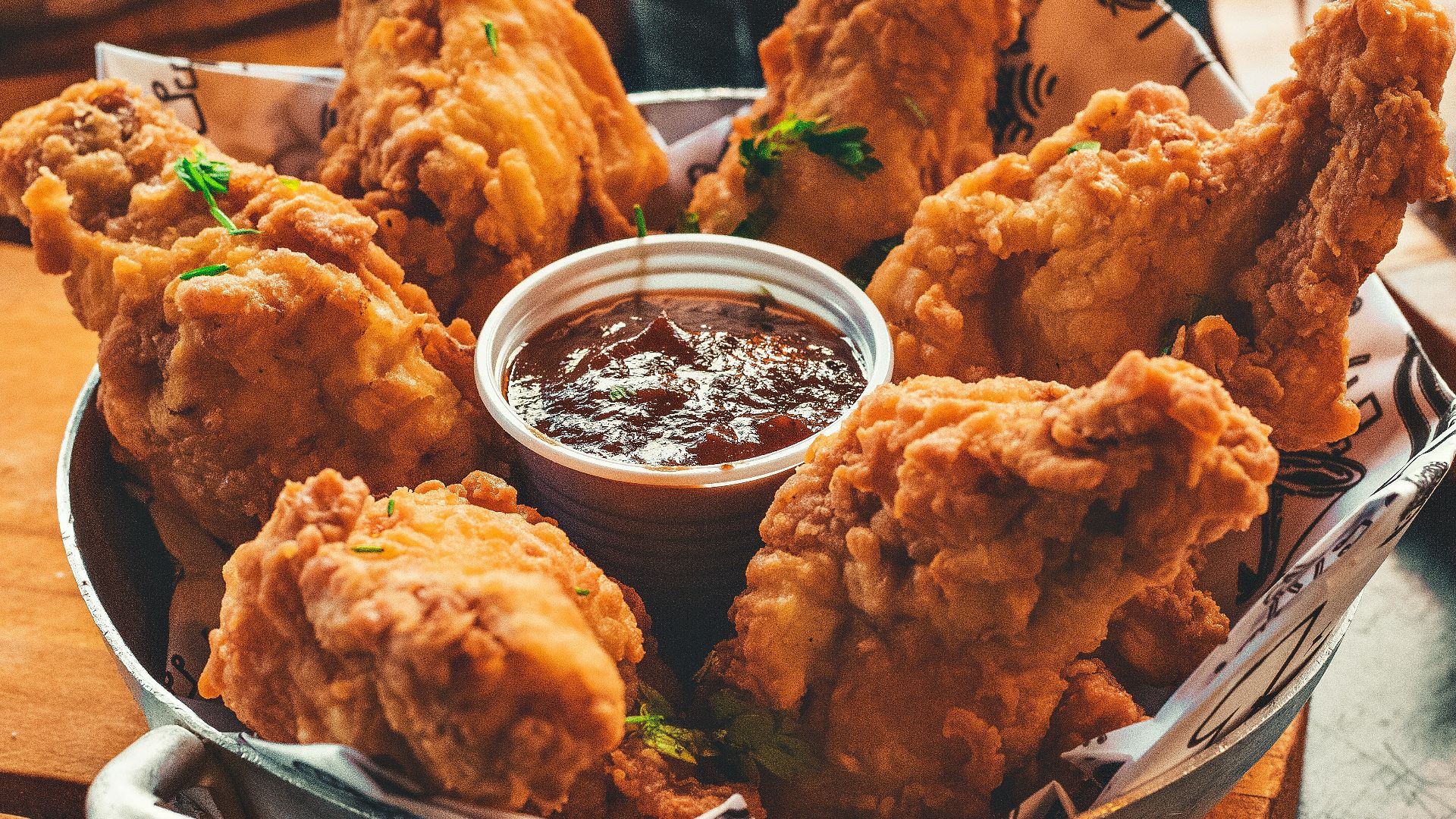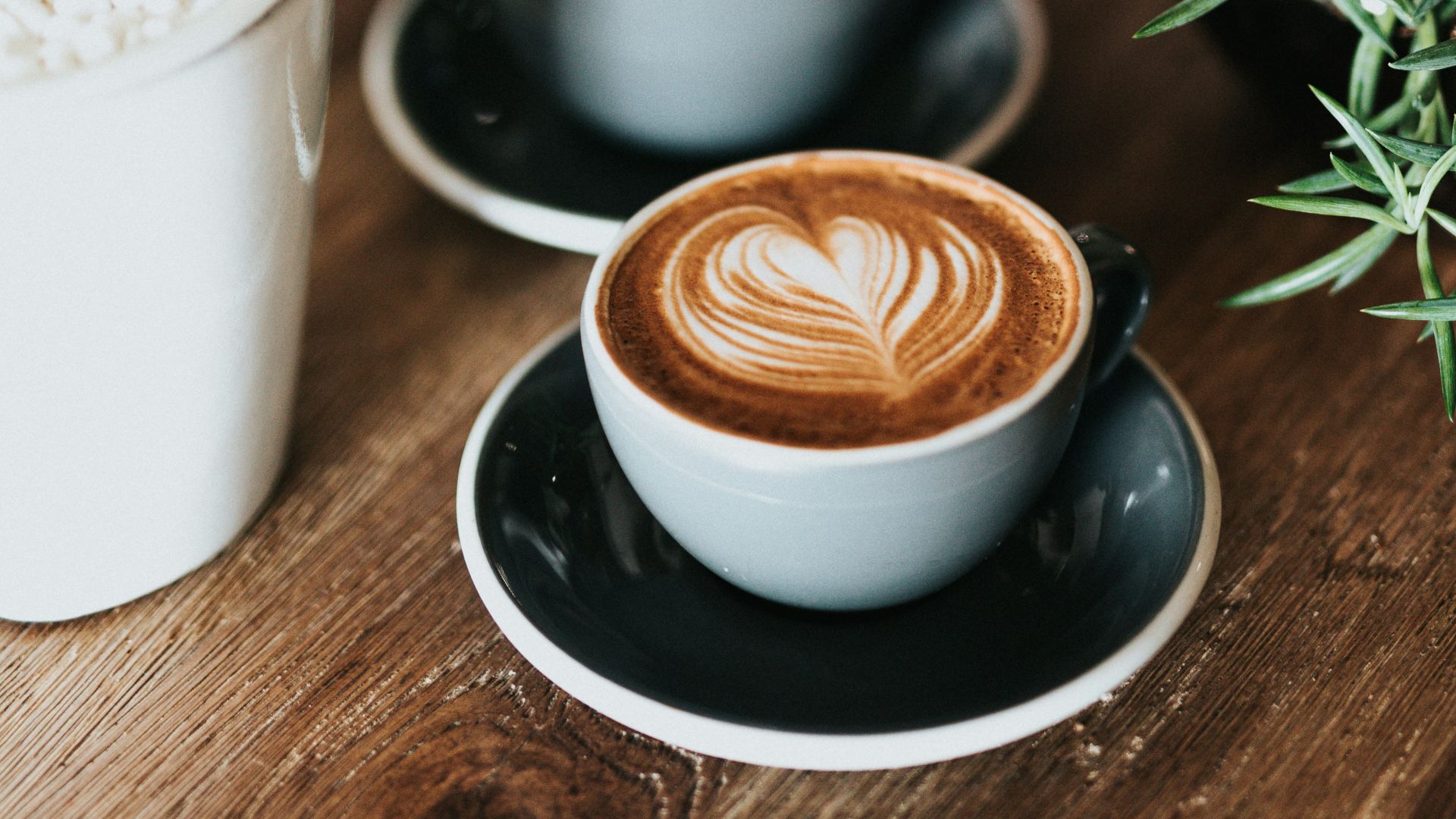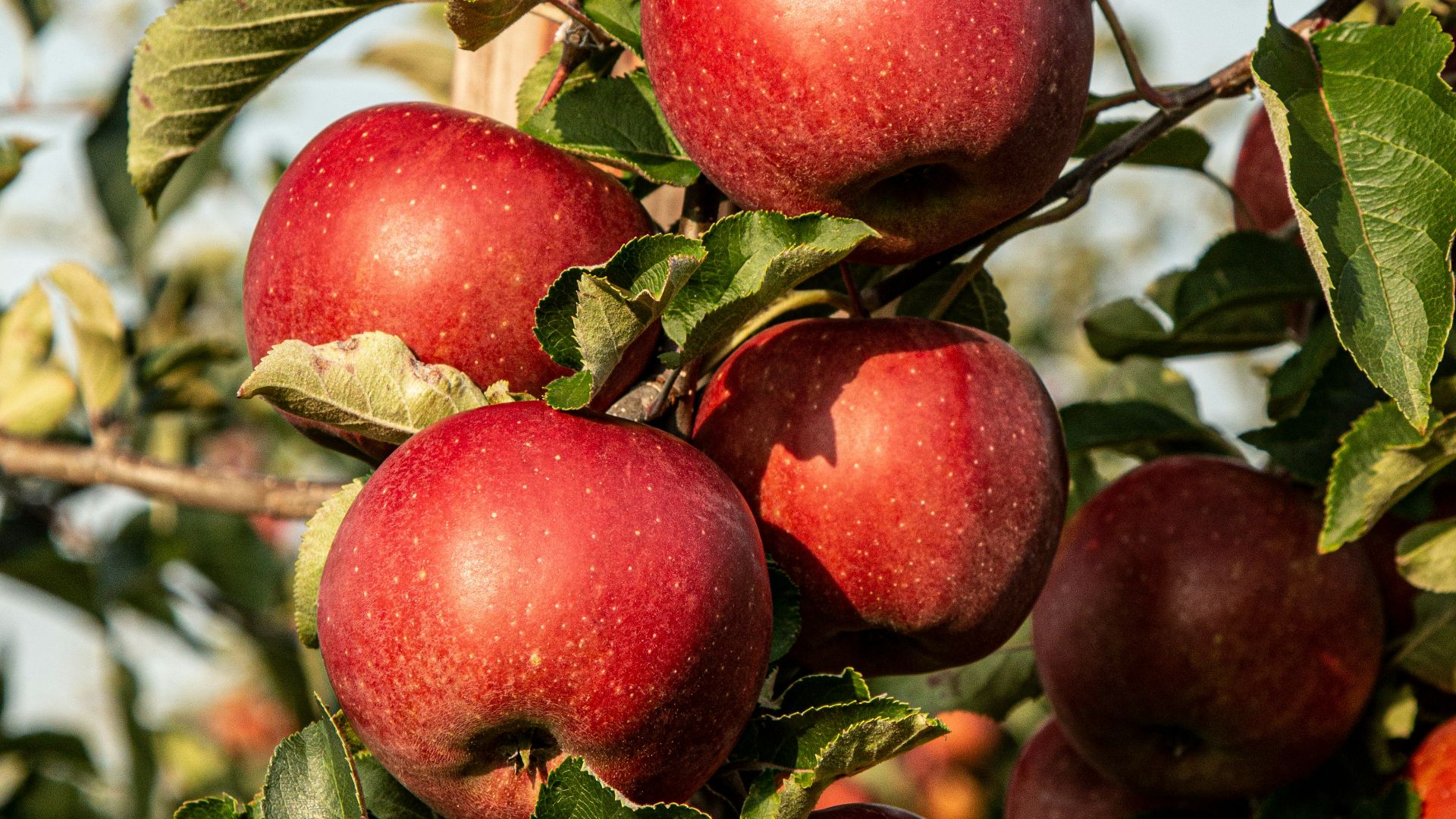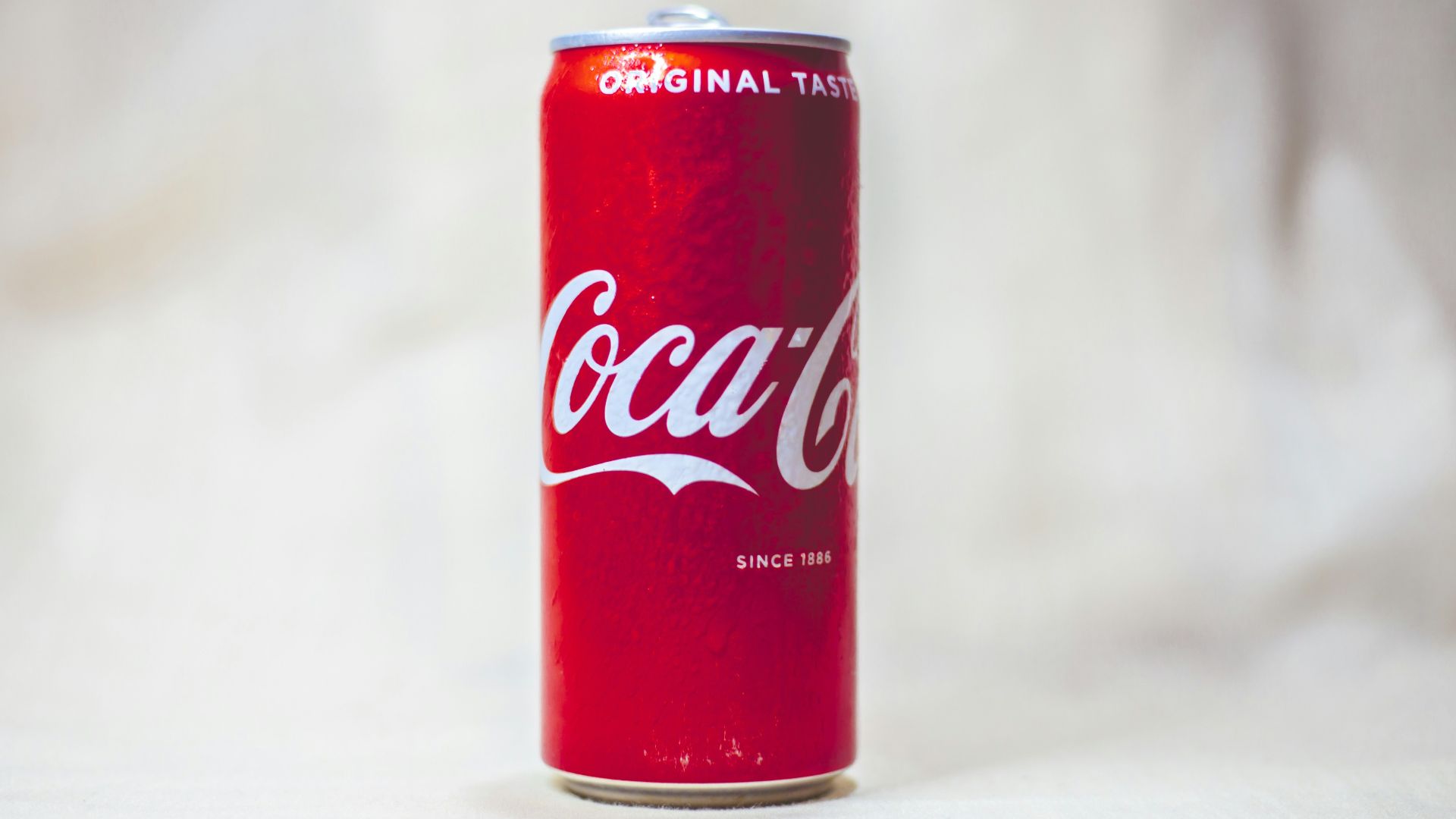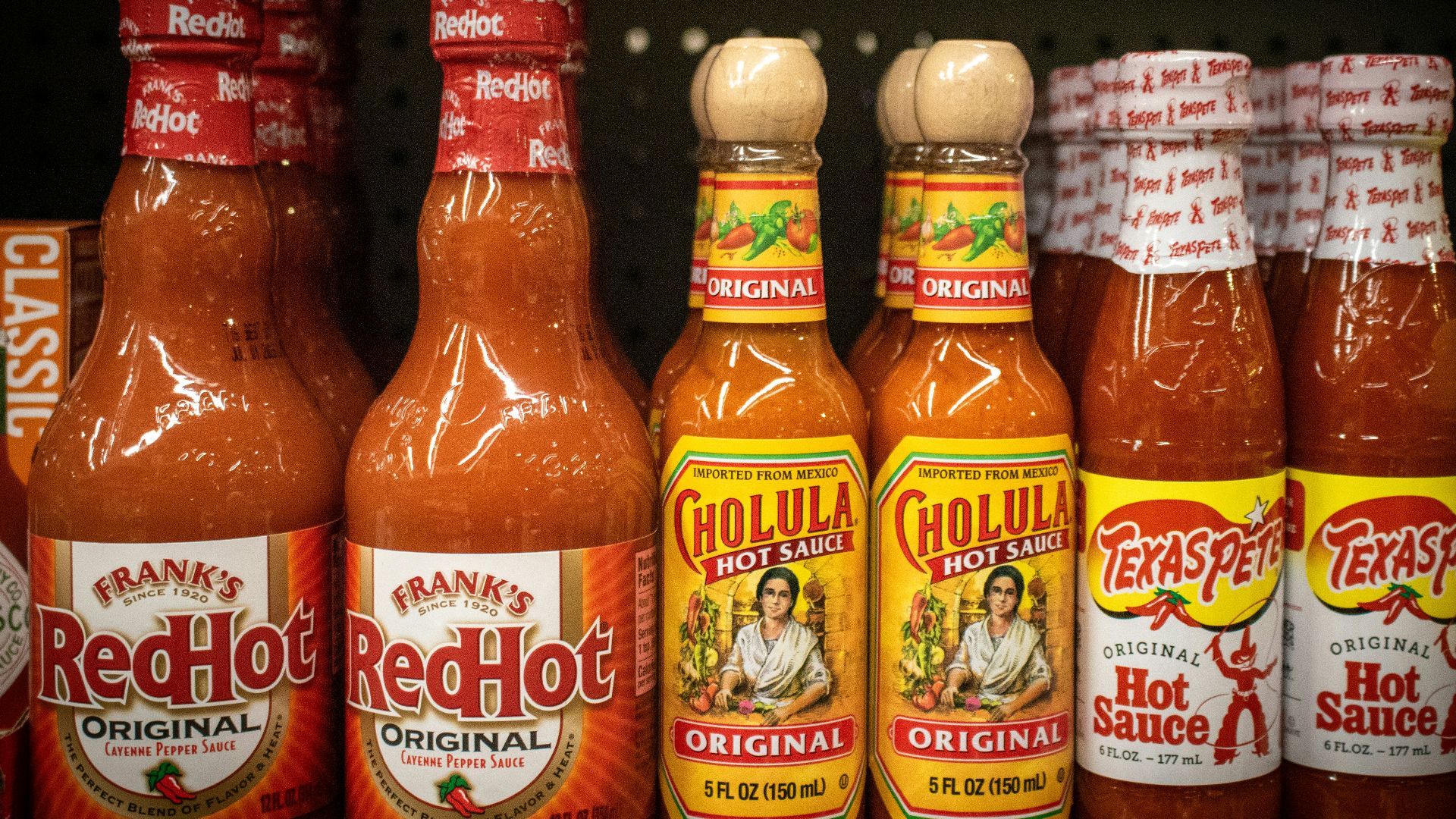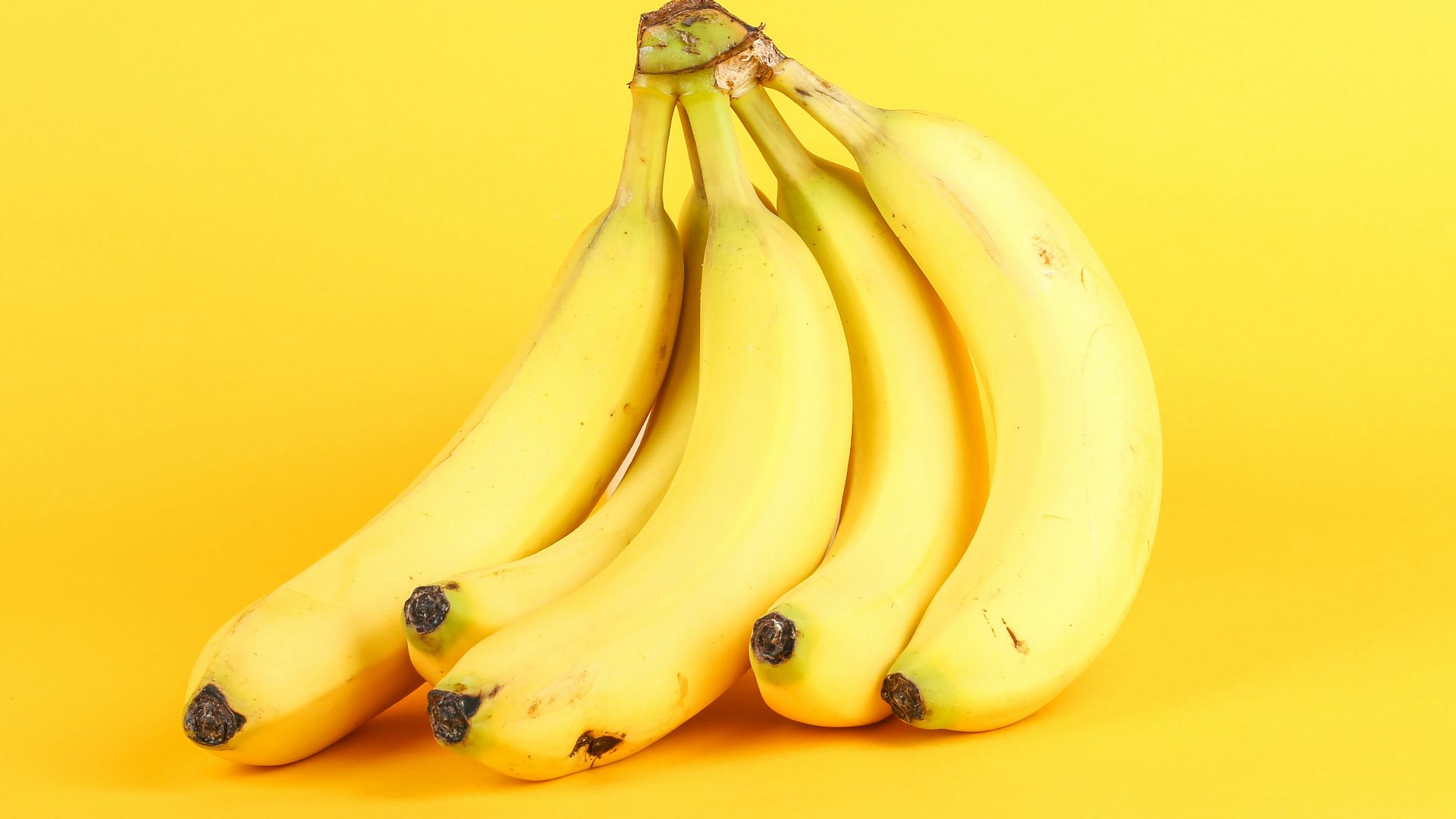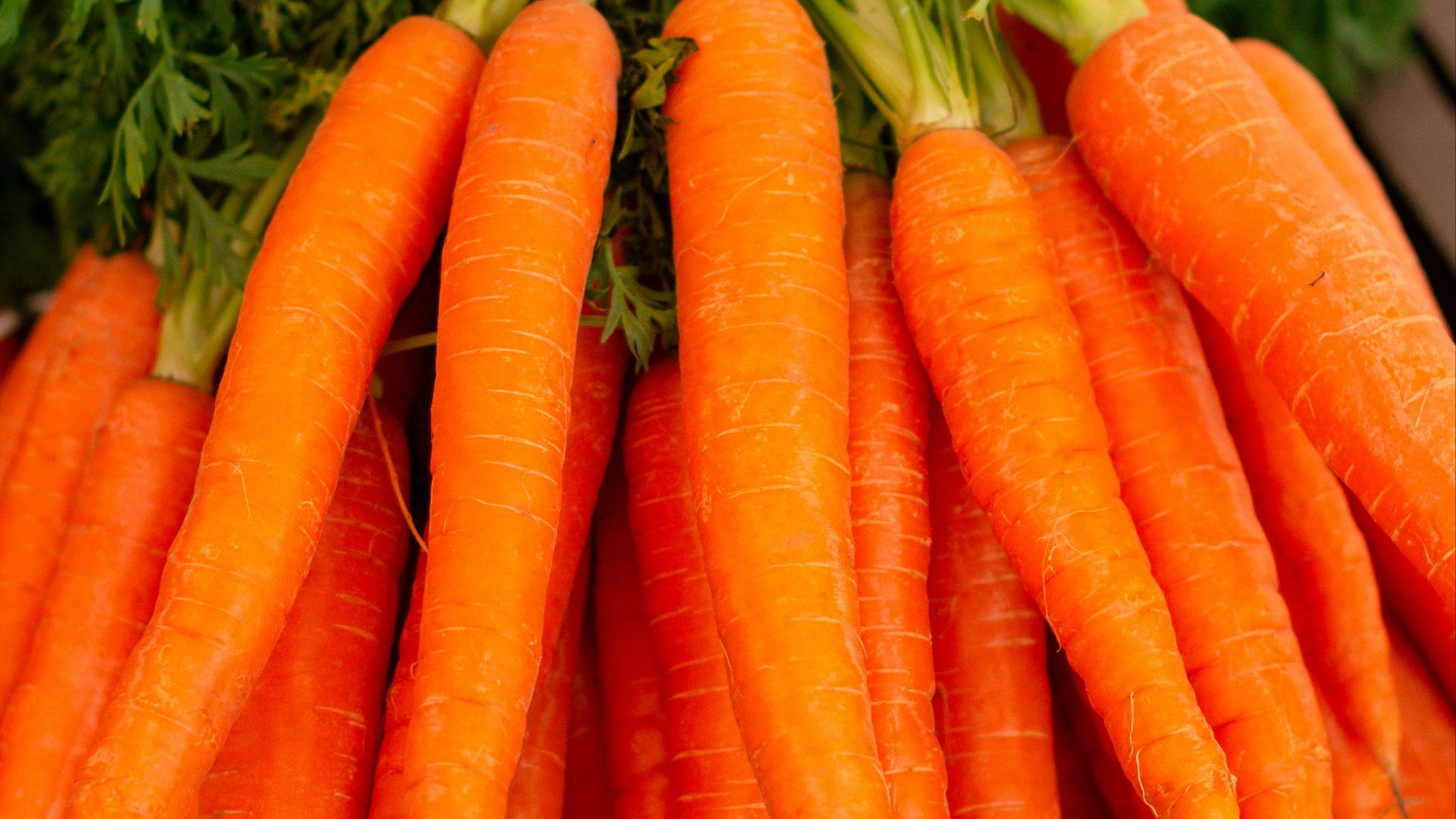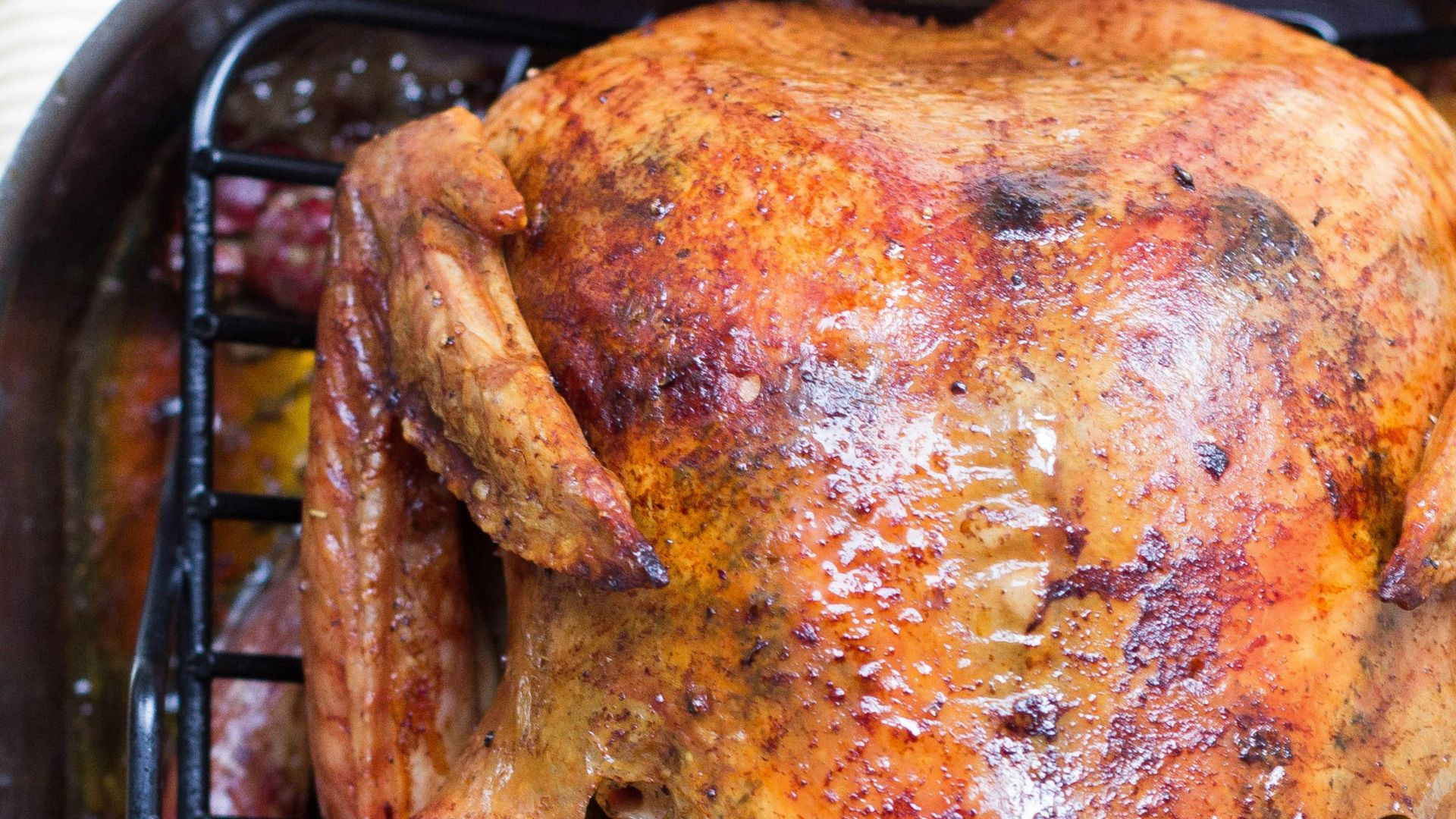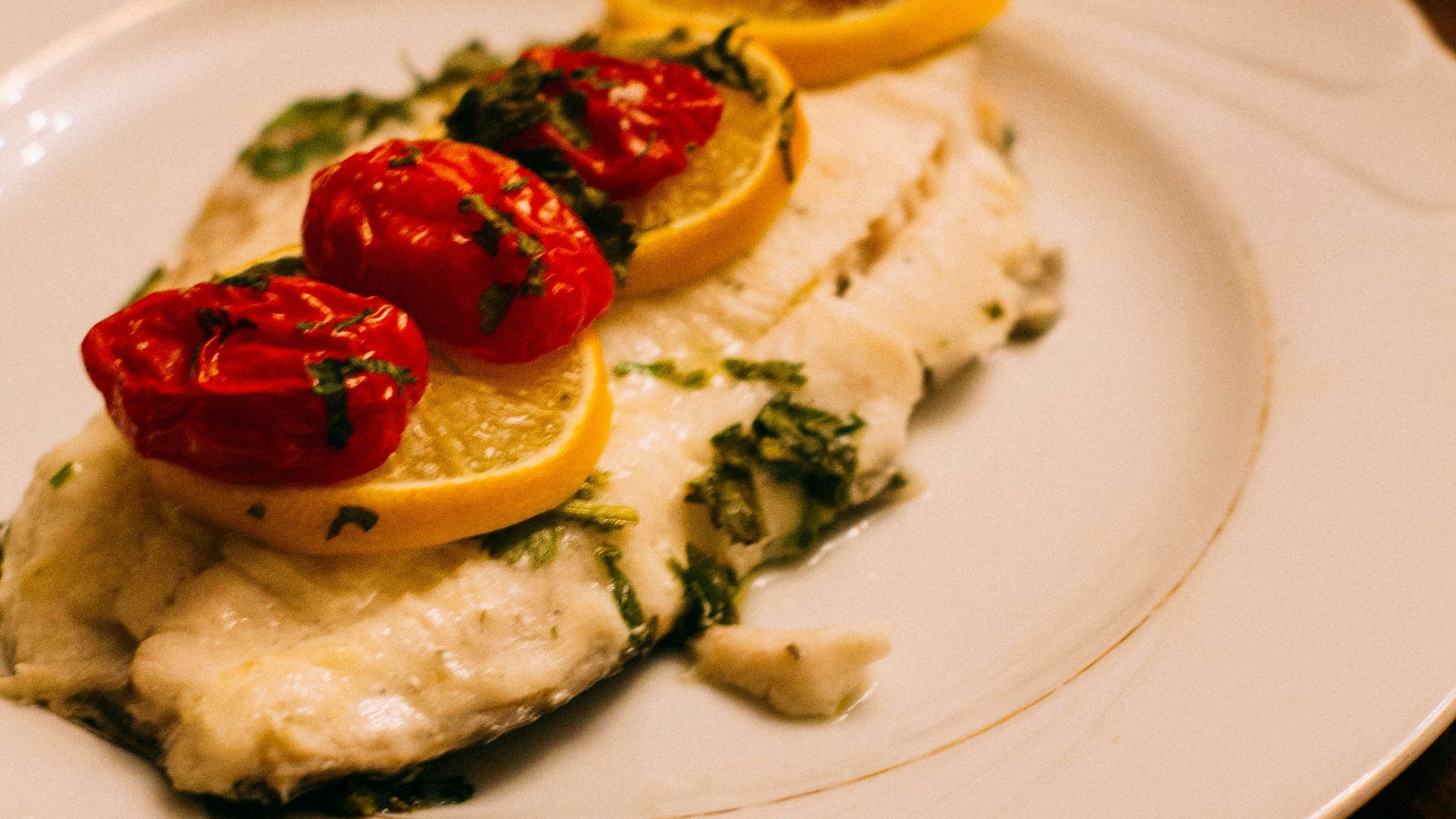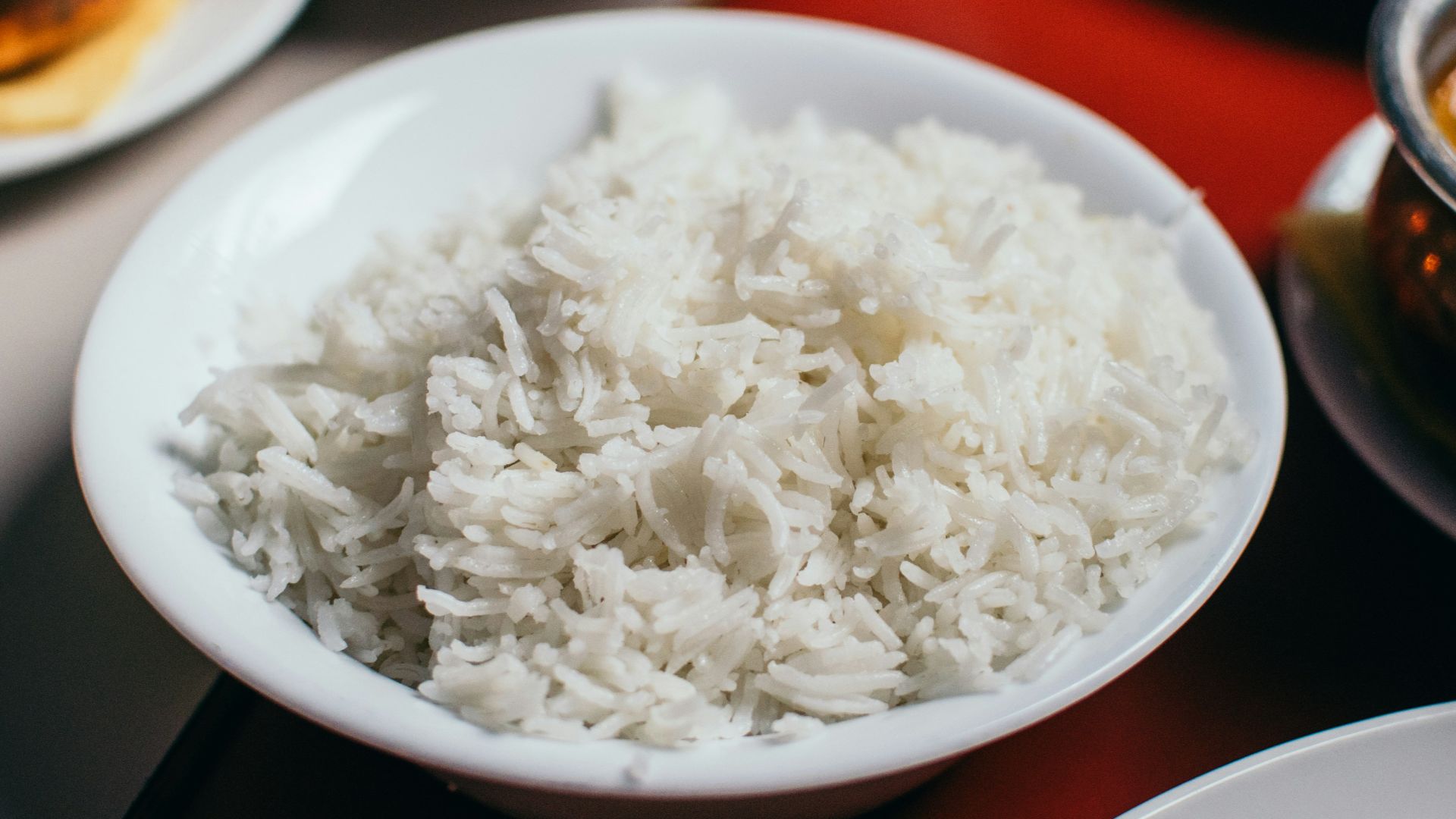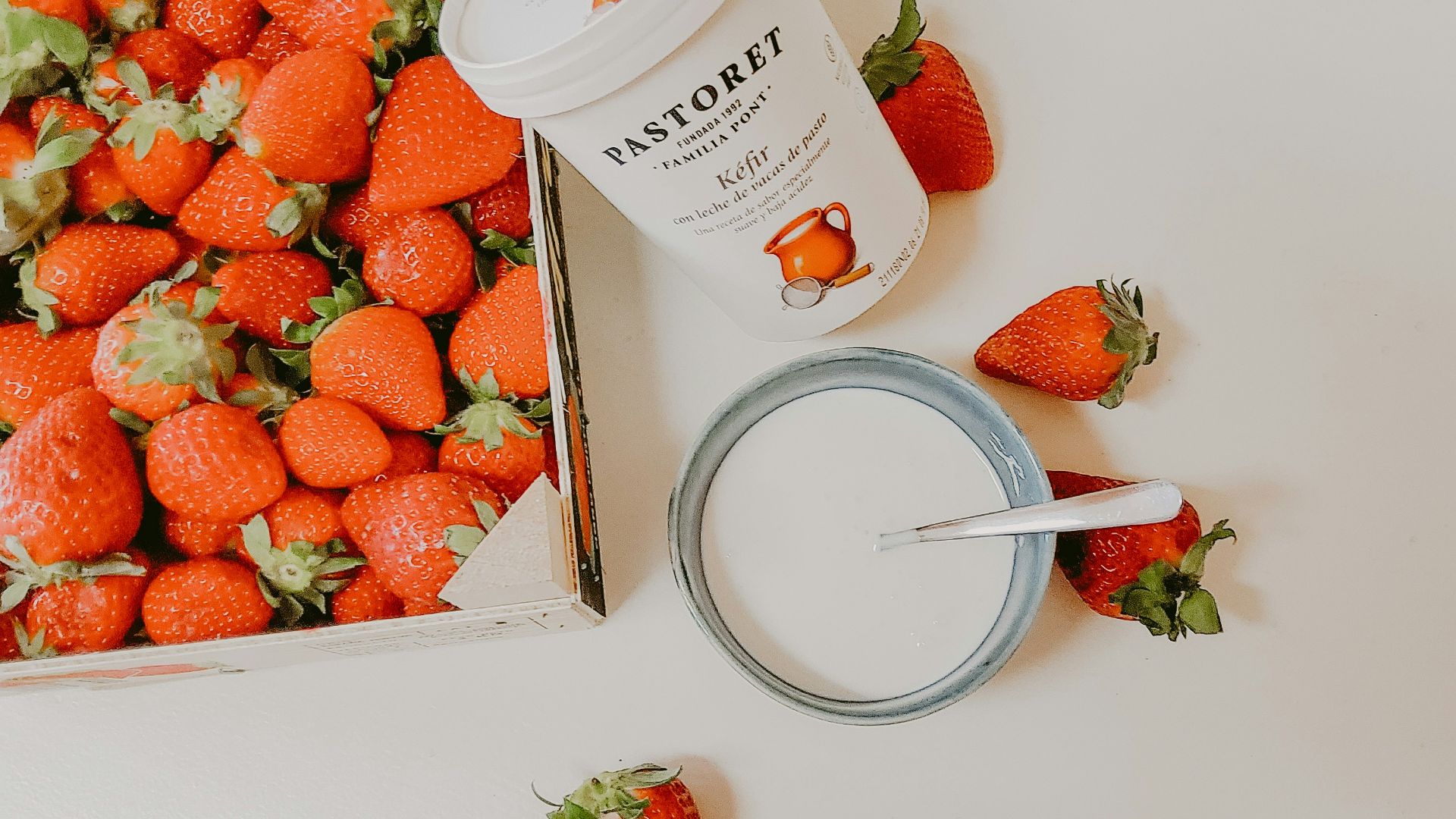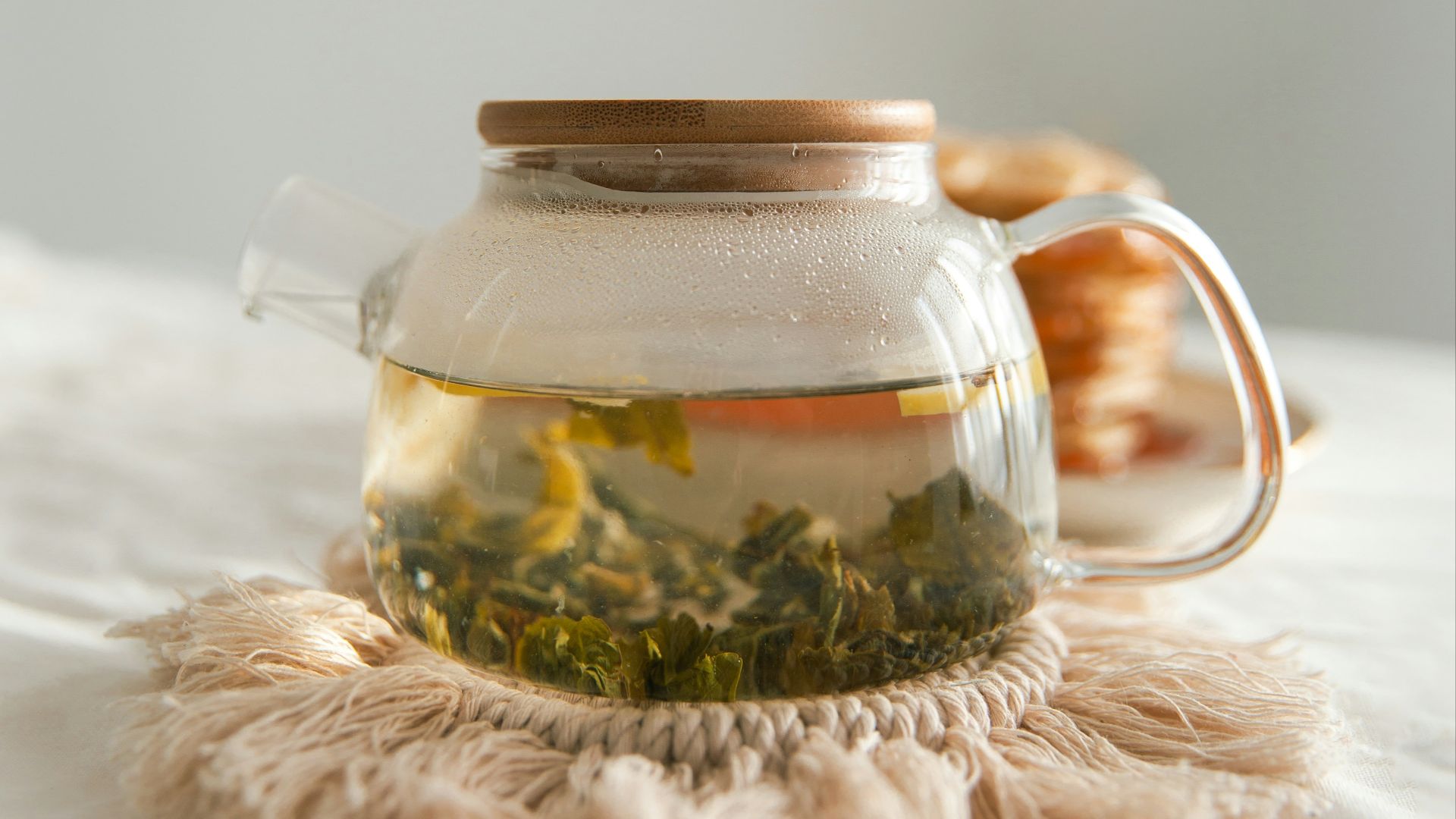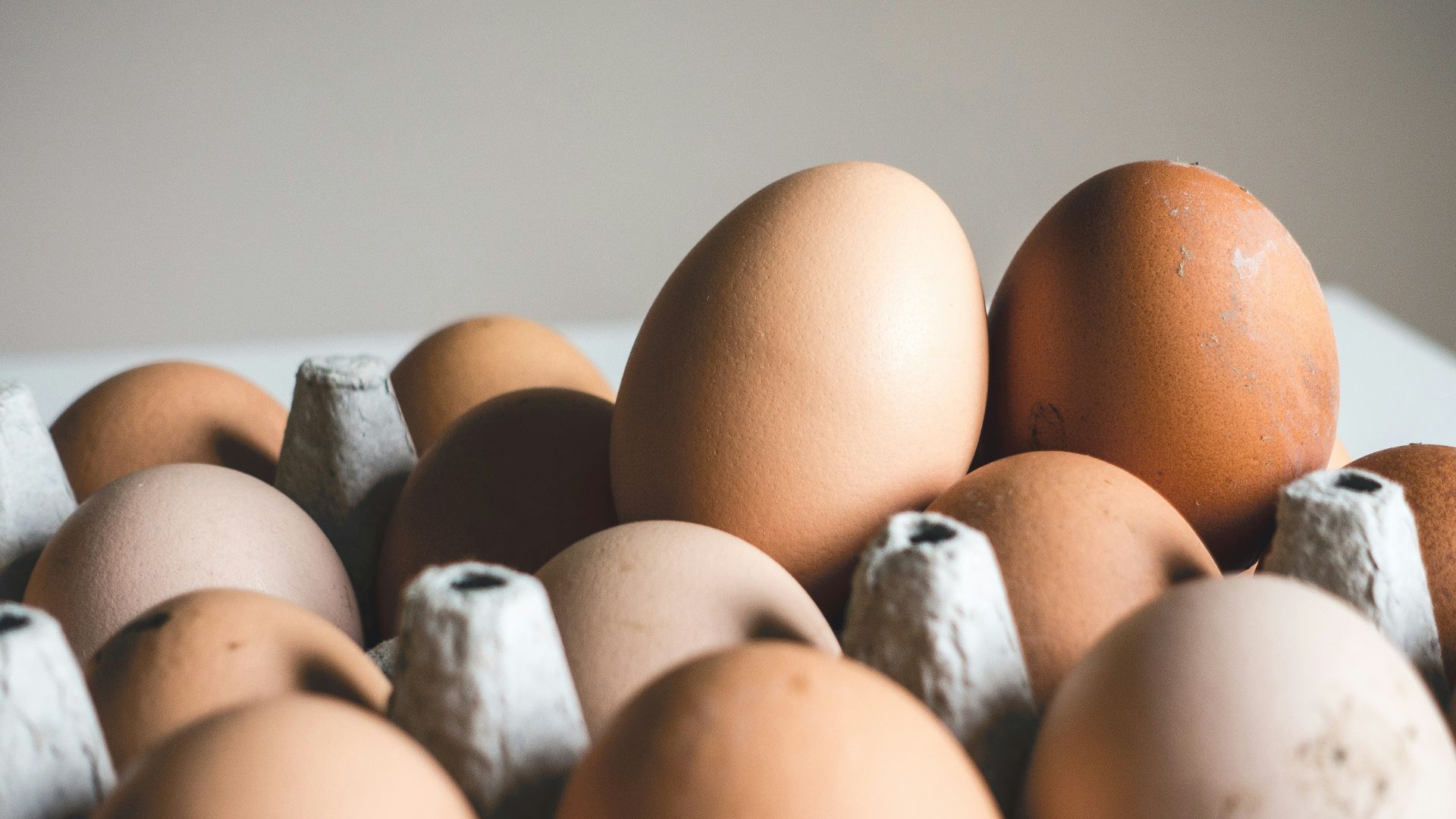Good Food, Happy Gut
If you suffer from Irritable Bowel Syndrome (IBS) or just have a sensitive stomach, then you’ll probably want to think twice about what you eat in a day. Some foods you should certainly avoid, while others can help alleviate the symptoms.
1. Garlic
There are so many things that taste phenomenal with some garlic thrown in. Think of everything from garlic bread to garlic and shrimp pasta. However, garlic, much like onions, is very high in fructans, which in turn make it quite triggering for IBS.
2. Fried Chicken
Fried chicken is just one example of many. The reality is that fried foods can slow down digestion and stimulate gut contractions. That’s what causes that terrible cramping feeling when you have IBS.
3. Creamy Sauce
Pasta with a heavy helping of alfredo sauce may sound delicious, but unfortunately these heavy cream sauces are loaded in fats. These fats work the same way fried foods do and can even cause diarrhea.
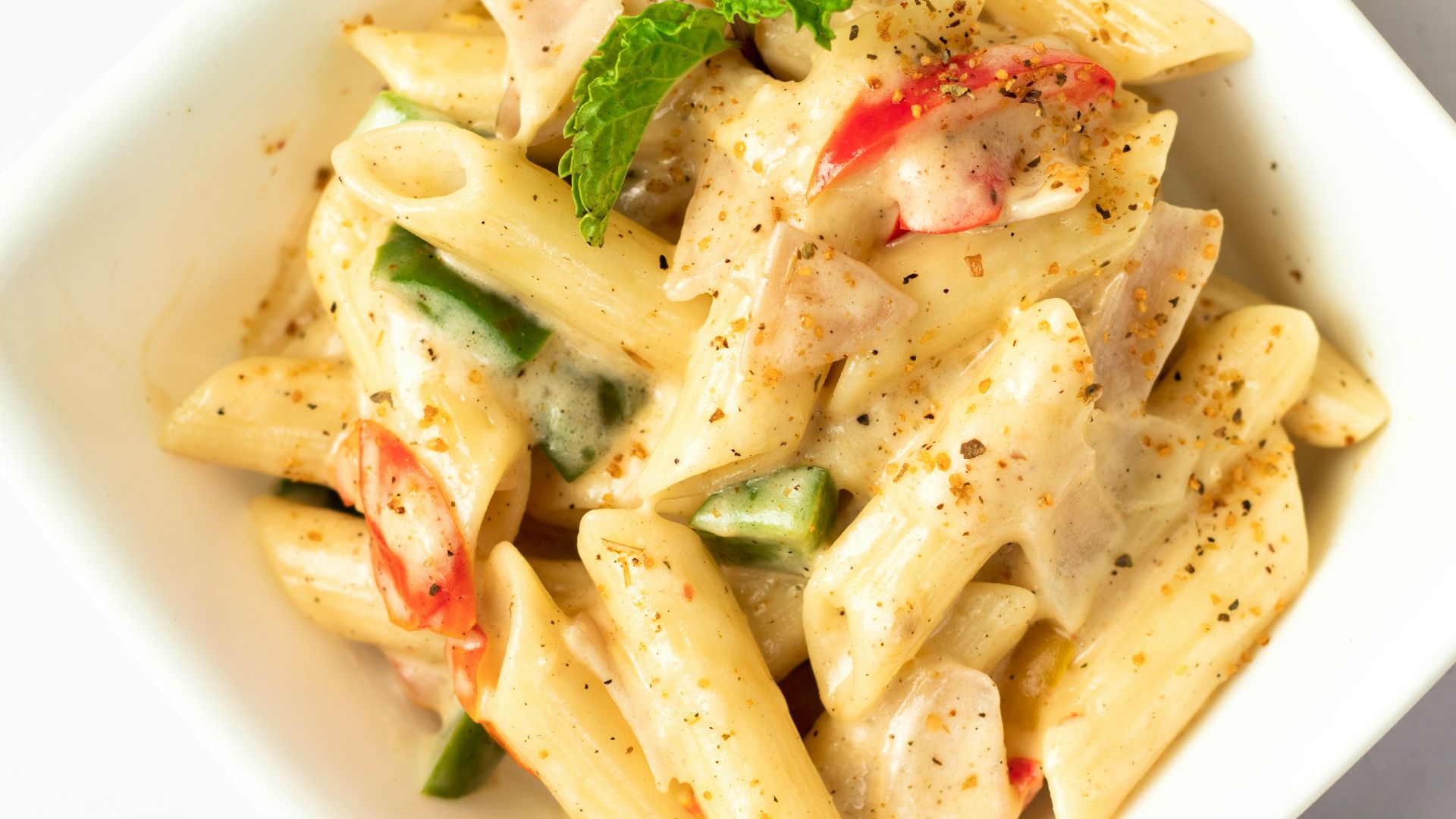 Pixzolo Photography on Unsplash
Pixzolo Photography on Unsplash
4. Coffee
Many people rely on coffee as their designated morning pick-me-up, but it can be a bad choice if you’re suffering from IBS. This is because caffeine stimulates the intestine, which can lead to diarrhea in sensitive stomachs.
5. Apples
You may think fruits like apples would be harmless, but be cautious if you feel weird after eating an apple. This is because these sorts of fruits are high in fructose and polyols, which can easily trigger sensitive tummies.
6. Ice Cream
Most people know that dairy can cause a variety of stomach and skin problems, and IBS isn’t safe either. Ice cream and other dairy products like milk or soft cheeses are high in lactose, which can lead to diarrhea.
7. Alcoholic Beverages
It may seem like a fun night out at first when you order that drink, but alcohol should be avoided if you have IBS. This is because these drinks irritate the gut lining and contain dangerous ingredients that lead to bloating and gas.
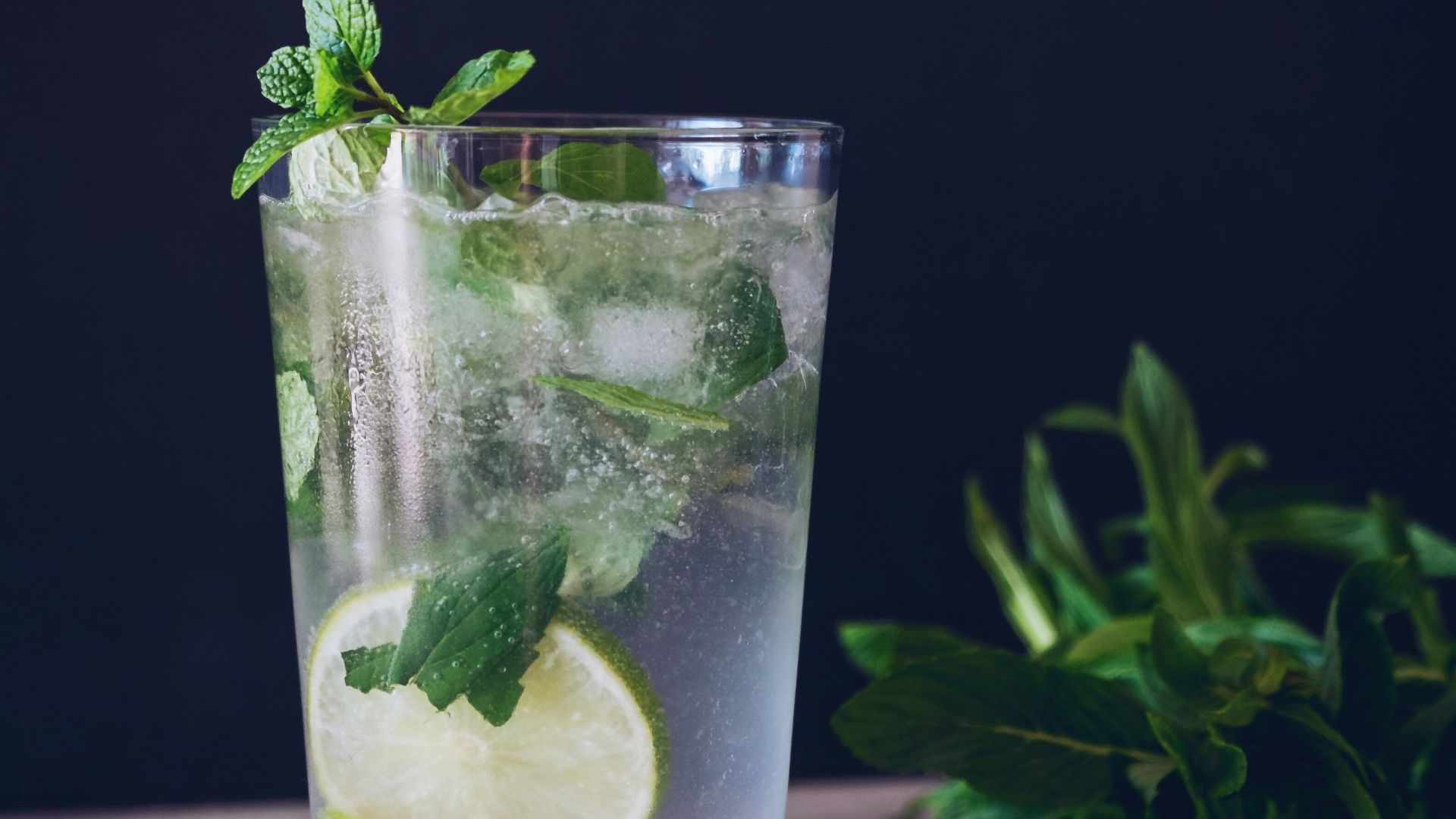 Melissa Walker Horn on Unsplash
Melissa Walker Horn on Unsplash
8. Sugar-Free Products
You might think sugar-free products are healthier, and while you’re right about that, they can still be a bit annoying for people with IBS. This is because the artificial sweeteners used in gums, mints, and sugar-free products are highly fermentable and poorly absorbed, leading to lots of gas and bloating.
9. Soda
Most carbonated beverages will run you the risk of abdominal discomfort. Anything from soda to sparkling water can cause bloating, which is better off avoided by a glass of juice or water instead.
10. Spicy Foods
Spicy foods are also known to irritate the gut lining. If you’re already experiencing gas or bloating, these types of foods can thoroughly worsen the experience and contribute to diarrhea.
Now that we have talked about foods you want to avoid, here are 10 you can turn to calm your tummy down.
1. Bananas
While apples come with high fructose and some risks, bananas on the other hand are totally safe. This is because they are low in polyols and fructose, meaning your body can easily absorb them.
2. Carrots
Even some vegetables can irritate sensitive stomachs, but other veggies are totally safe. For instance, vegetables like carrots, zucchini, and spinach provide nutrients without fermenting excessively in the gut, making them ideal choices.
3. Turkey
When it comes to picking proteins, you want to keep it lean and simple. Turkey is a great choice as it is not fermentable and so it won’t contribute to gas or bloating.
4. Fish
Similarly, lean white fish are another good choice because they are easy to digest. They also don’t contain carbs that ferment, meaning they will be soft on your stomach.
5. White Rice
Although IBS can be triggered by carbs, some are easier to absorb than others. For instance, white rice is a common pick because it is less likely to ferment in the colon and still provides a good source of fiber.
6. Lactose-Free Milk
If you experience IBS, you’ll want to start avoiding lactose. Luckily, there are many lactose-free options to choose from, including plant milks. You can try everything from almond to oat to see what suits you.
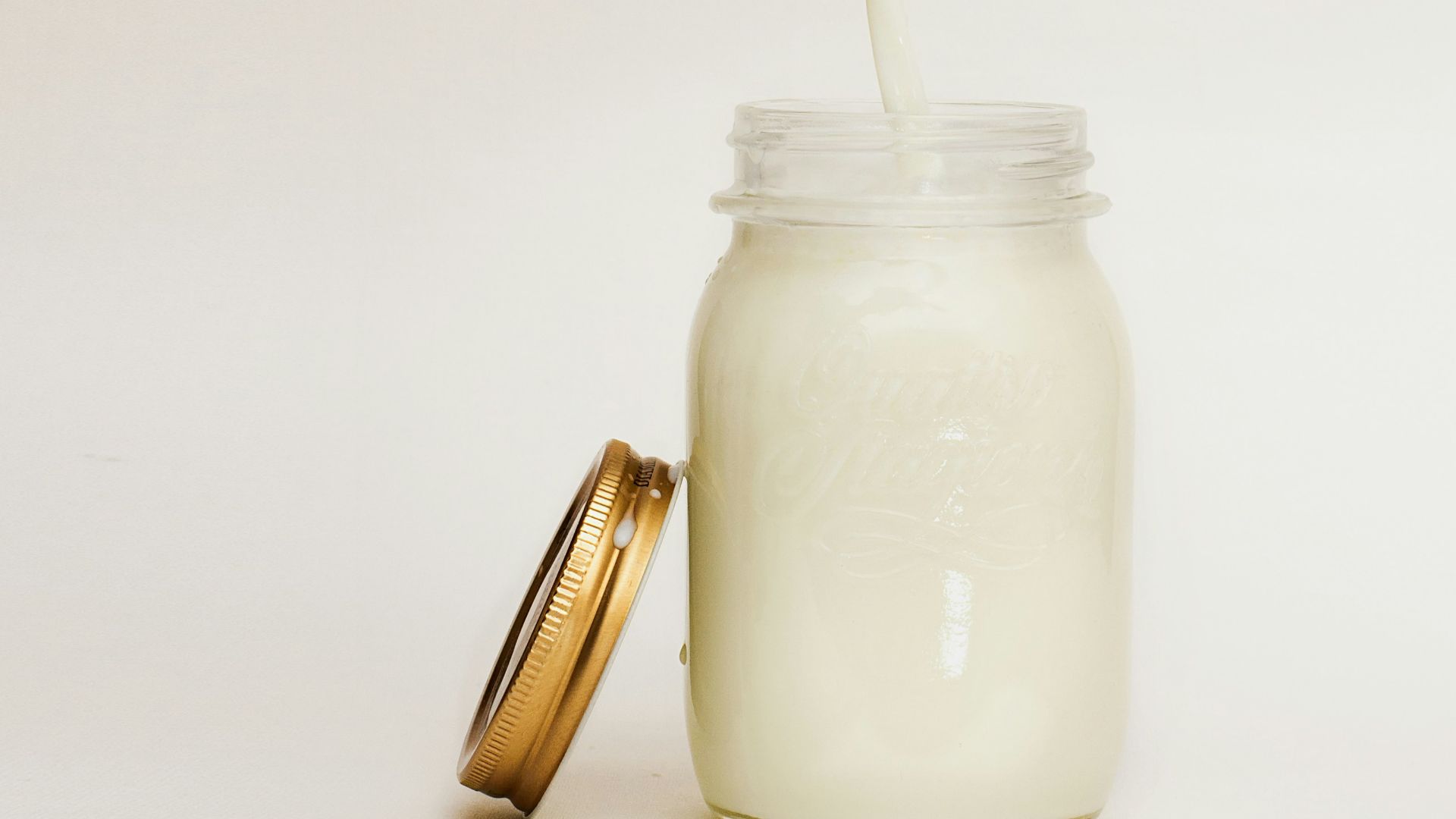 Nikolai Chernichenko on Unsplash
Nikolai Chernichenko on Unsplash
7. Kefir
Many people report stomach benefits from drinking Kefir, which is a lactose-free yogurt drink that’s quite tasty. Ideally, you want to consume some gentle probiotic food to reduce symptoms and balance your gut bacteria.
8. Oats
When it comes to breakfast time, focus on consuming soluble sources of fiber. A great example is oats, which can help strengthen your stomach and reduce undesirable side effects like constipation or gas.
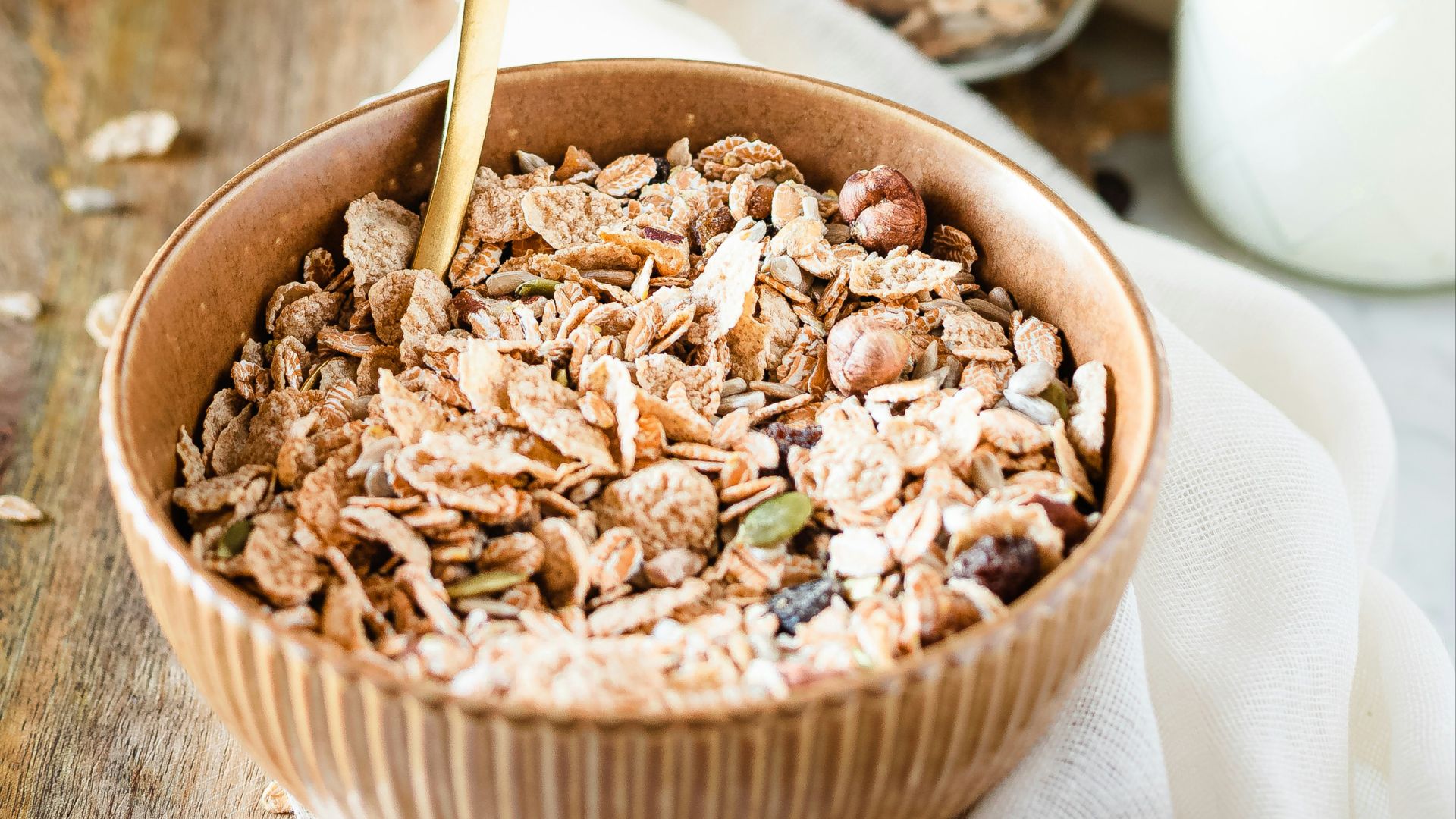 micheile henderson on Unsplash
micheile henderson on Unsplash
9. Herbal Teas
Since you want to avoid carbonated drinks and sodas, you can instead go for hydrating options that are anti-inflammatory and soothing. Think ginger or peppermint tea, as both support digestion and ease constipation.
10. Eggs
Eggs are another reliable source of protein that are easy to digest and are less likely to ferment. So feel free to indulge at breakfast time without having to worry about gas or bloating.
KEEP ON READING




